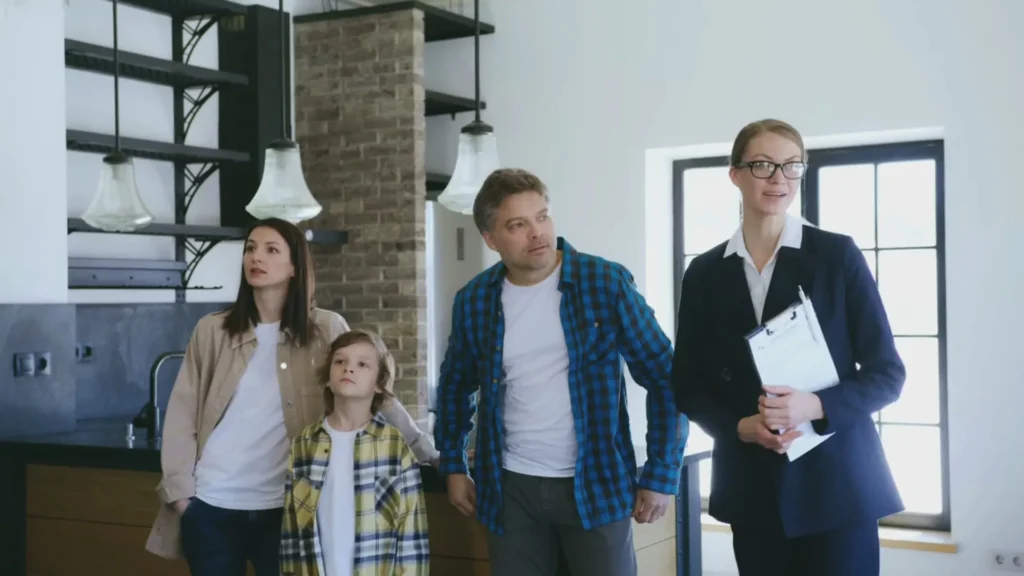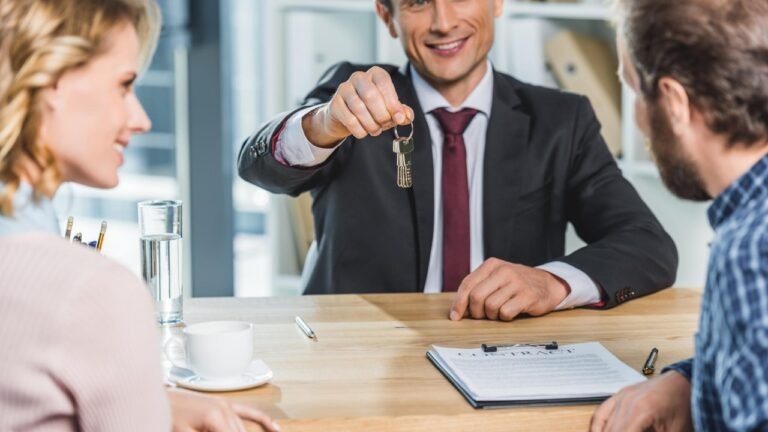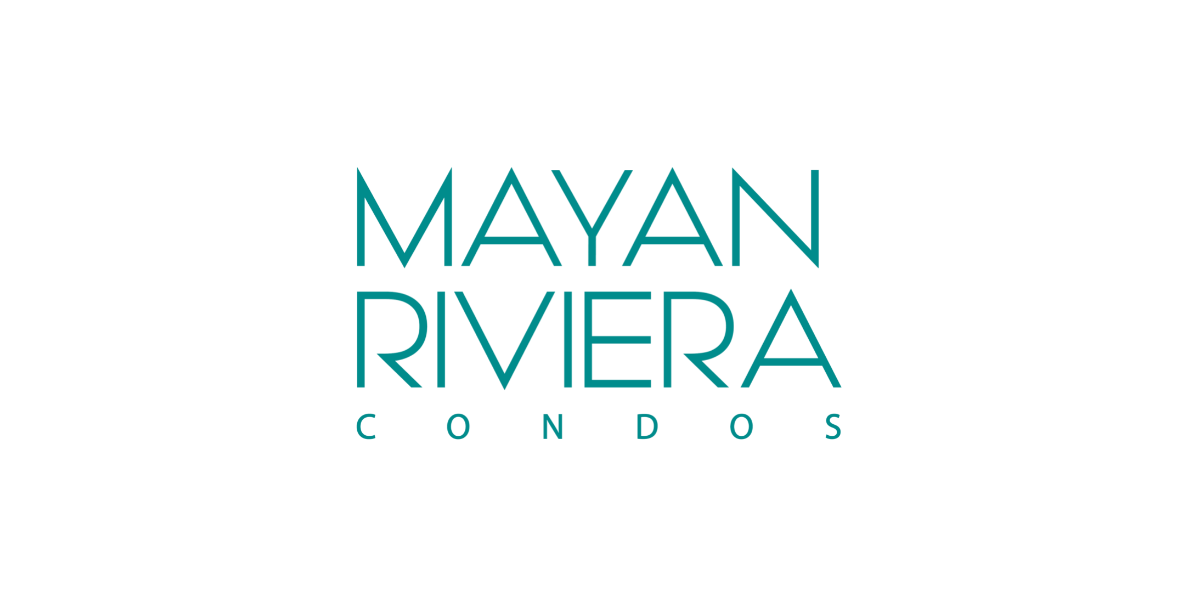
Making the decision to buy a property is an important step, whether you do it as an investment, primary residence or vacation home. At Mayan Riviera Condos, we understand that every buyer has his or her own needs, so we want to share with you the essential aspects you should know before taking the next step, in a practical way.

Why do you want to buy a property?
The first step is to ask yourself: what is your objective? This is not just a financial transaction, but a long-term investment that will affect your quality of life or your investment portfolio. In general, the reasons for buying a property fall into three categories:
- Primary residence: proximity to schools, workplaces, hospitals and essential services is key.
- Investment: Here the focus should be on areas with high appreciation and good rental demand. Research the local market and evaluate: how is the area growing, is the return on investment high enough to justify the purchase?
- Vacation home: Owning a property in a tourist area such as the Riviera Maya can be an excellent business. However, you will have to evaluate the rental demand in high and low seasons, as well as the maintenance costs.

Research before you buy
Each region in Mexico has its own behavior in the real estate market. Buying in Mexico City is not the same as buying in the Riviera Maya or Monterrey. Each of these areas has characteristics that will affect your investment.
- Regional differences: Areas such as the Riviera Maya are in constant growth due to tourism, which makes them an excellent option for those seeking capital gains. However, in large cities such as Monterrey or Guadalajara, the market tends to be more stable.
- Market trends: Is the area growing or declining? Be sure to research what infrastructure projects are planned, as they can increase demand and, therefore, the value of your property. Also, don’t forget that gentrification can influence value, but also the social dynamics of the community.

The legal process is key
One of the most common mistakes when buying a property is not paying attention to the legal details. In Mexico, it is essential that the entire process is backed by a notary public, who guarantees that the documents are in order and that there are no legal problems with the property.
- Title review: Make sure the property has no debts, liens or legal problems. Your notary will be in charge of verifying this information.
- Trust for foreigners: If you are a foreigner and wish to buy in restricted areas such as the coast, you will have to do it through a bank trust. This trust will allow you to be the indirect owner of the property, keeping all the rights of use and enjoyment.

Assess your financing capacity
Financing your property can be a complex process, but Mexico offers different options to help you obtain the credit you need:
Traditional mortgage loans: You can opt for loans with fixed or variable rates and terms of up to 30 years. Research well which banks offer the best conditions for your financial situation.
Infonavit and Fovissste: If you are a worker affiliated to the IMSS or a public sector employee, you can access these financing programs with more favorable conditions and lower interest rates.
Direct financing with developers: In some cases, developers offer financing options without bank intermediaries, which can result in more flexible terms and faster approval.
Once you have found the ideal property and agreed the terms with the seller, the closing process begins. This includes signing a purchase contract that details the price, payment terms, and penalties in case of default. In addition, you will need:
Earnest Money Deposit: A payment that secures your commitment to the purchase while the deed process is being completed.
Signing of the deed: This legal document, validated by a notary public, transfers ownership from the seller to the buyer. Once signed, the deed is registered in the Public Registry of Property, which legally formalizes your purchase.
Closing the deal: everything in order
Once you have found the ideal property and agreed the terms with the seller, the closing process begins. This includes signing a purchase contract that details the price, payment terms, and penalties in case of default. In addition, you will need:
Earnest Money Deposit: A payment that secures your commitment to the purchase while the deed process is being completed.
Signing of the deed: This legal document, validated by a notary public, transfers ownership from the seller to the buyer. Once signed, the deed is registered in the Public Registry of Property, which legally formalizes your purchase.

Key tips for a successful purchase:
- Plan for the long term: Make sure the property you buy suits your future needs, whether as a home or investment.
- Make a thorough review of the property’s condition: Even small repairs can represent big expenses in the long run.
- Take advantage of digital tools: Use virtual tours, compare prices and analyze trends to make informed decisions.
- Be flexible in negotiating: Don’t just focus on price; you can also negotiate closing dates, down payments or other favorable terms.
- Evaluate long-term appreciation: Growing areas are ideal for a successful investment, as they tend to appreciate in value over time.



